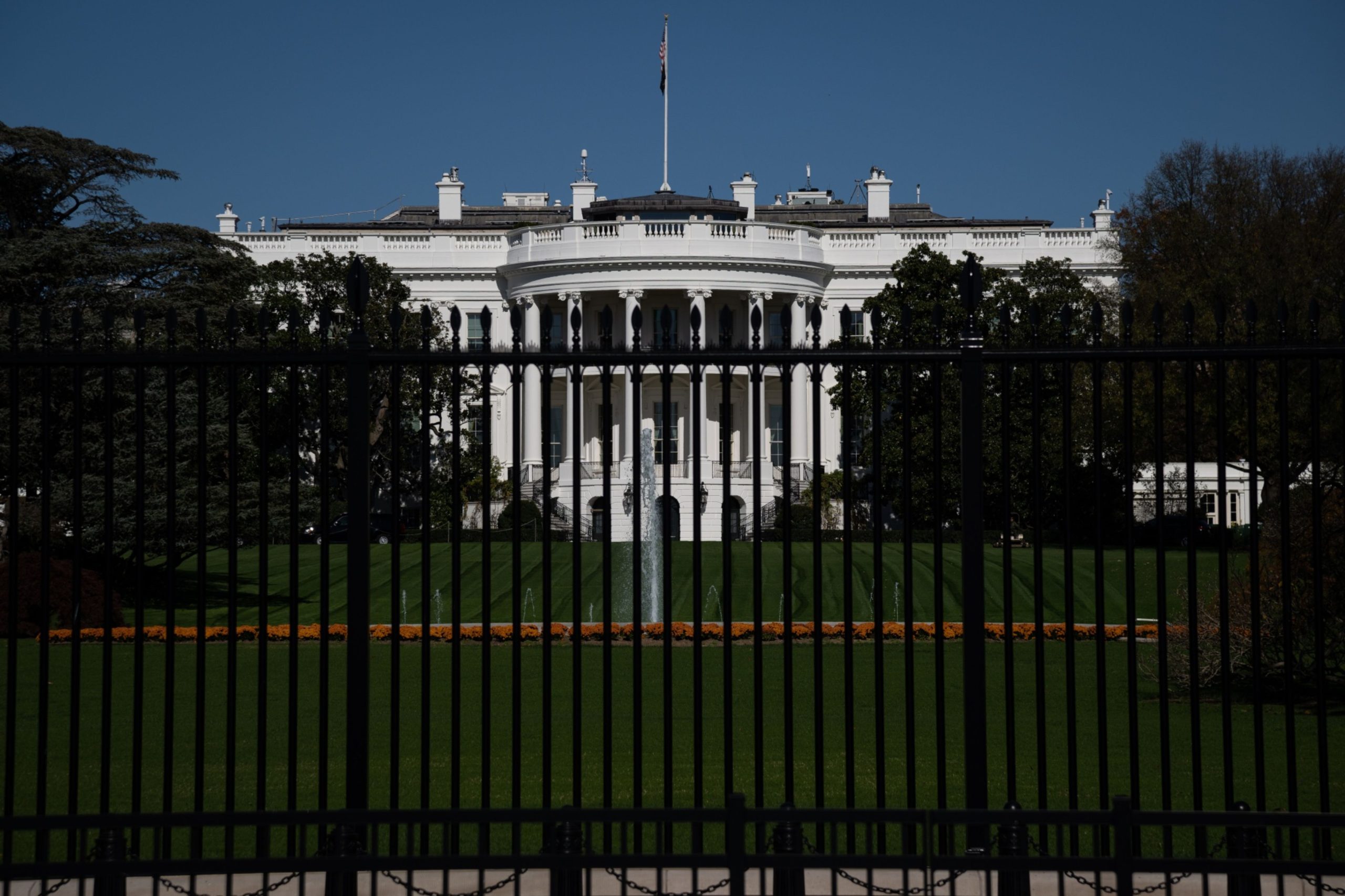The White House has issued a significant call for heightened transparency regarding the processes by which institutions, particularly those in the burgeoning digital asset sector, can obtain bank charters or gain access to Federal Reserve master accounts. This directive stems from a comprehensive report compiled by the White House working group on digital assets, underscoring a commitment to establishing a clearer and more predictable regulatory environment for the evolving financial landscape.
Released recently, the extensive report outlines various strategies for regulators to bolster the growth and stability of digital assets within the United States. Its core premise revolves around fostering an ecosystem where innovation can thrive within a well-defined regulatory framework, ensuring both consumer protection and market integrity. The group’s findings highlight the critical need for a balanced approach to the integration of new financial technologies.
A key assertion within the report emphasizes that a robust and foreseeable banking regulatory framework, one that embraces the inherent promise of blockchain technology, is essential. Such a framework would empower depository institutions to effectively meet the escalating customer demand for core banking services related to digital assets, simultaneously simplifying customer access to wider digital asset markets. This proactive stance aims to bridge the gap between traditional finance and the decentralized world.
Specifically, the working group’s recommendations underscore the imperative for bank regulators to actively promote transparency concerning the procedures institutions must follow to secure bank charters or obtain reserve bank master accounts. This focus on procedural clarity is designed to demystify a historically opaque process, ensuring equitable access and reducing potential barriers for legitimate financial entities seeking to operate within the established banking system.
The issue of master account access has been a particularly contentious point, sparking heated debate among various stakeholders. Crypto companies, such as Custodia, have long advocated for direct access to the Federal Reserve’s master account system, viewing it as crucial for efficient operations and broader market participation. Conversely, traditional banking groups have vigorously lobbied to restrict crypto firms’ ability to hold these accounts, citing concerns about risk and regulatory oversight.
Traditional bank groups recently achieved a partial victory in a related ruling, which largely maintained the existing status quo for master account eligibility. However, this decision did not universally prohibit stablecoin or broader cryptocurrency firms from accessing these accounts as a matter of course, leaving room for continued discussion and potential future integration. The ongoing dialogue highlights the complexities involved in adapting established financial regulations to novel digital asset structures.
Furthering its comprehensive recommendations, the working group also advised that regulators recalibrate existing capital rules. The goal is to ensure these rules are aligned with the actual risks associated with digital assets, moving beyond a simple consideration of their presence on a distributed ledger. This pragmatic approach seeks to prevent overly restrictive capital requirements that might stifle innovation without genuinely mitigating systemic risks, thereby promoting a more adaptive regulatory posture for cryptocurrency banking.
Moreover, the report called for greater clarity regarding what activities related to digital assets are permissible for banks. This includes defining clear guidelines around custody services for digital assets, tokenization processes, the issuance of stablecoins, and the broader utilization of blockchain technologies. Such clarifications are vital for financial institutions to confidently engage with digital asset markets, fostering financial transparency and stability in a rapidly evolving sector.






Leave a Reply